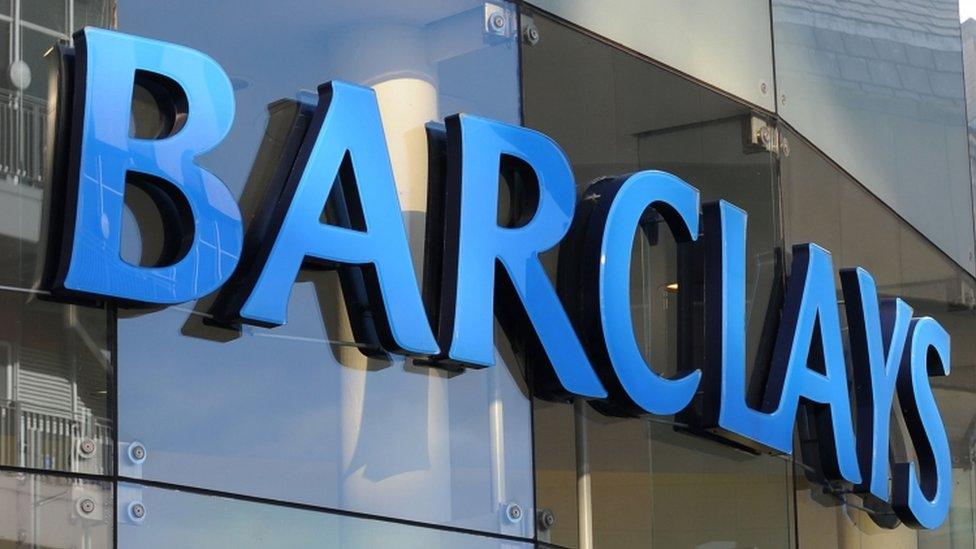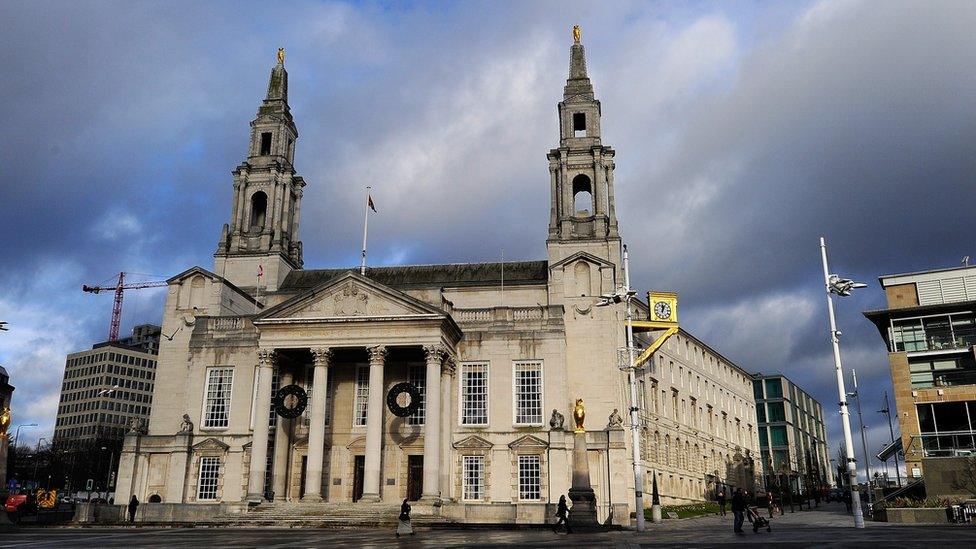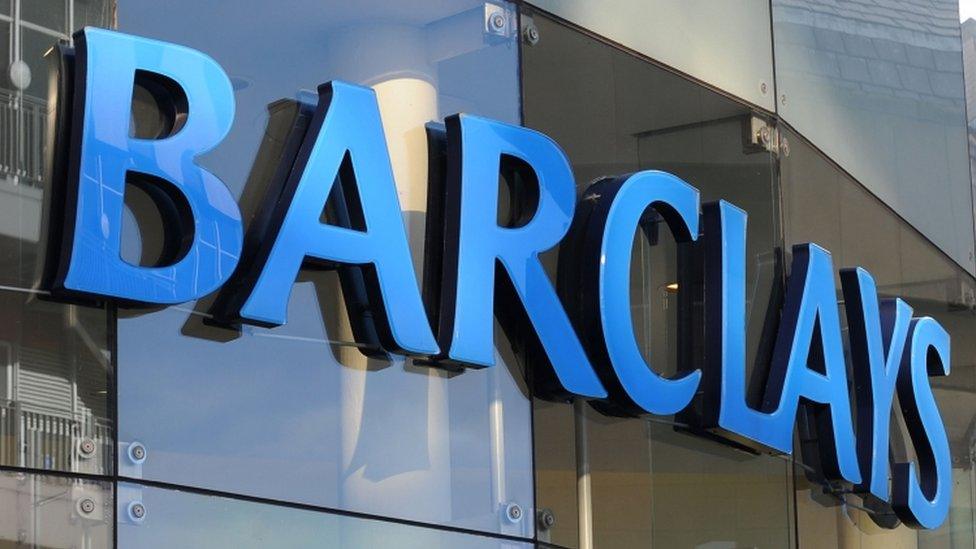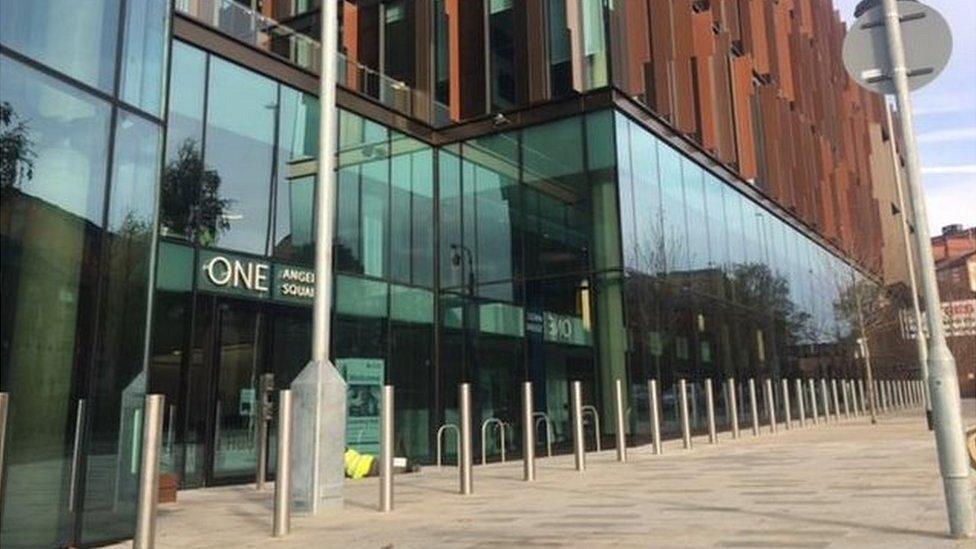Councils' Libor legal action against Barclays bank thrown out
- Published

A judge told the eight councils their action against Barclays had "no real prospect of success"
A legal claim against Barclays led by eight councils over bank loans they alleged were affected by the Libor rigging scandal has been thrown out.
The local authorities took out long-term loans with the bank between September 2006 and November 2008.
They had argued the loans were "tainted" by the bank's representations concerning Libor interest when they were offered.
But a High Court judge concluded they would not be successful at a trial.
Leeds, Greater Manchester, Newcastle, North East Lincolnshire, Nottingham, Oldham, Sheffield and Newham councils launched action to cancel the loans in 2018.
On Monday, Mrs Justice Cockerill struck out the claims, saying they had "no real prospect of success", following an application by Barclays.
Libor, the London Interbank Offered Rate, is the benchmark interest rate that tracks the cost of borrowing cash.

Leeds City Council is the lead claimant in the group having taken out more than £200m in loans with Barclays
The judge said it had been "of fundamental importance to global financial markets" as it helps to assess the overall health of the banking sector and is widely used by financial institutions for various purposes, including setting rates for their products.
She said the Libor rigging scandal "erupted" in 2012 when it was discovered that a number of banks were "engaged in manipulating the various Libor benchmarks".
The banks submitted rates which "served their own purposes" instead of submitting their "genuine assessment of the rate at which they thought they could borrow", she told the court.
"The scandal led to fines, prosecutions and reforms on both sides of the Atlantic."
It was "common ground (and public knowledge) that Barclays did in fact engage in Libor manipulation, but that the precise nature and extent of the banks involvement in it is "very much in issue", the judge added.
- Published1 February 2019

- Published14 February 2018
